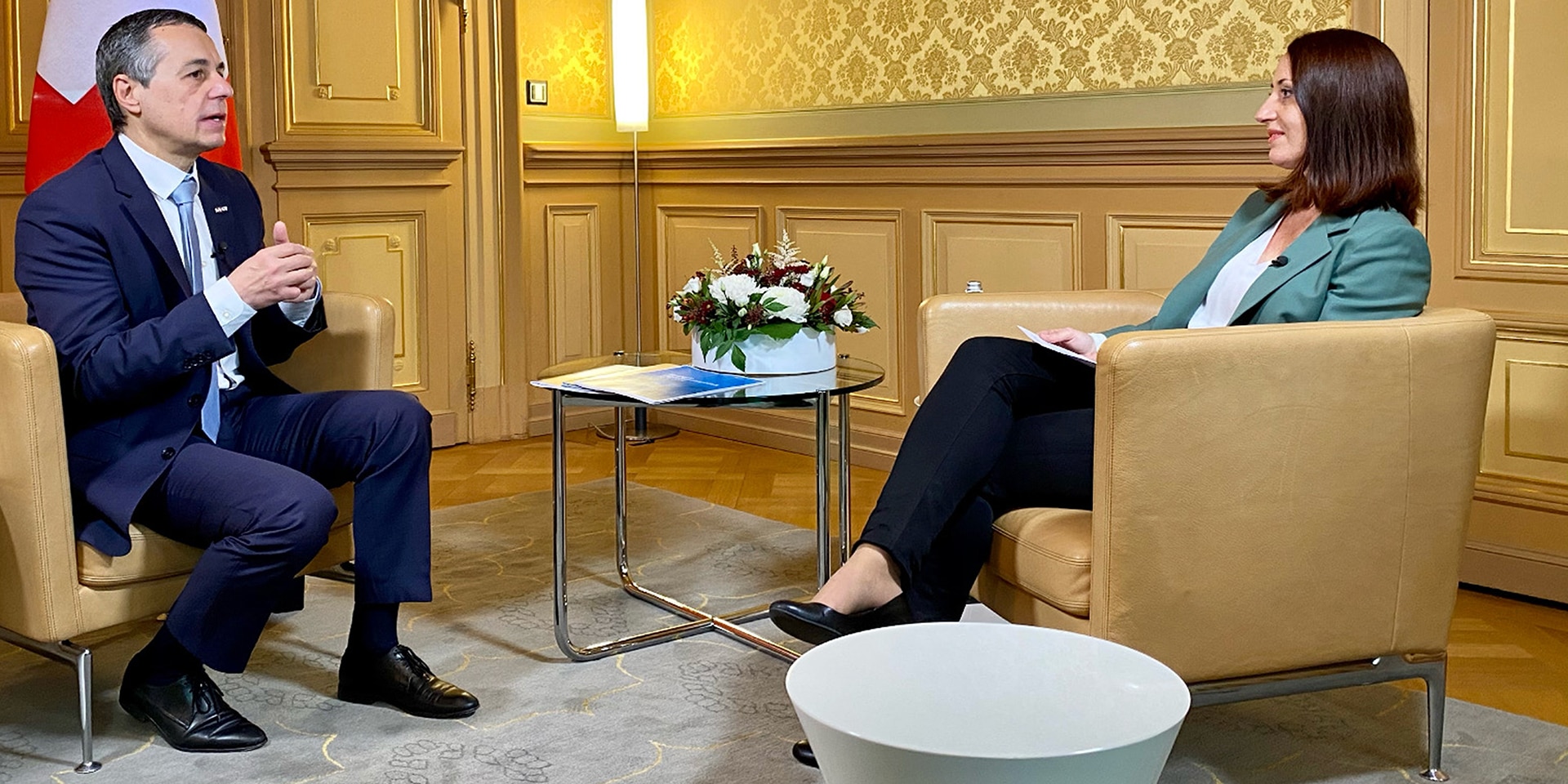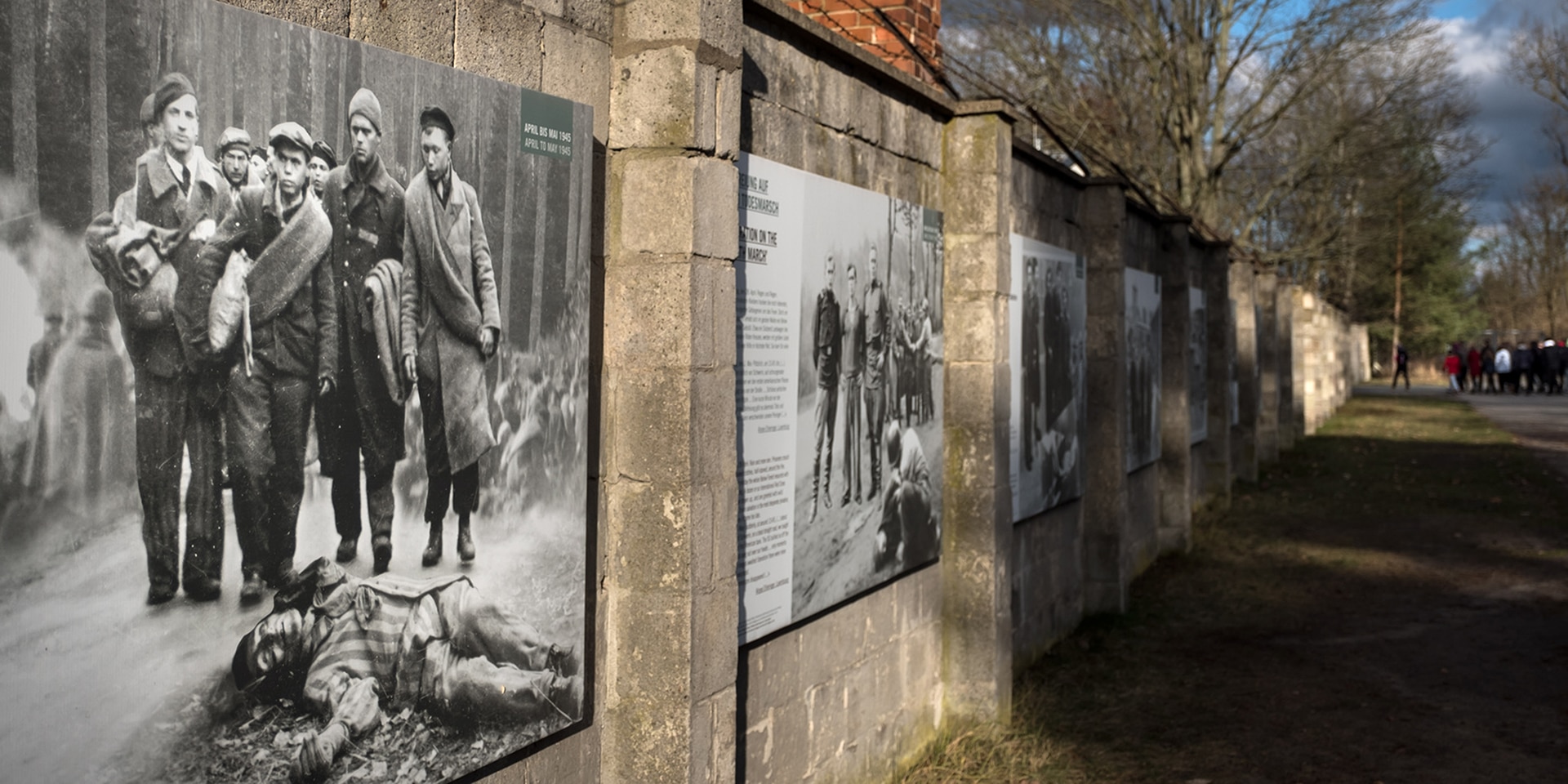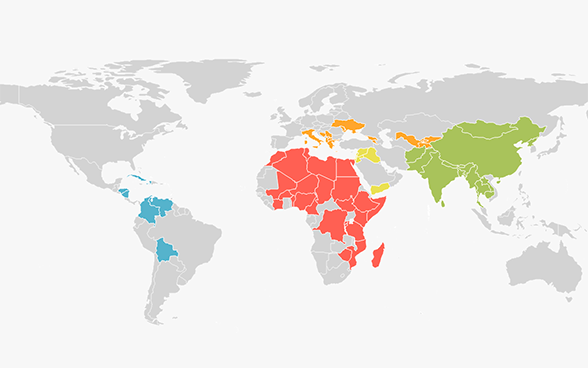Combating violence against women: a priority of Swiss foreign policy
The International Day for the Elimination of Violence against Women takes place on Wednesday, 25 November. Every year, thousands of women and girls around the world are victims of violence. Switzerland supports the fight for respect and equal rights for women at the multilateral level and in its partner countries.
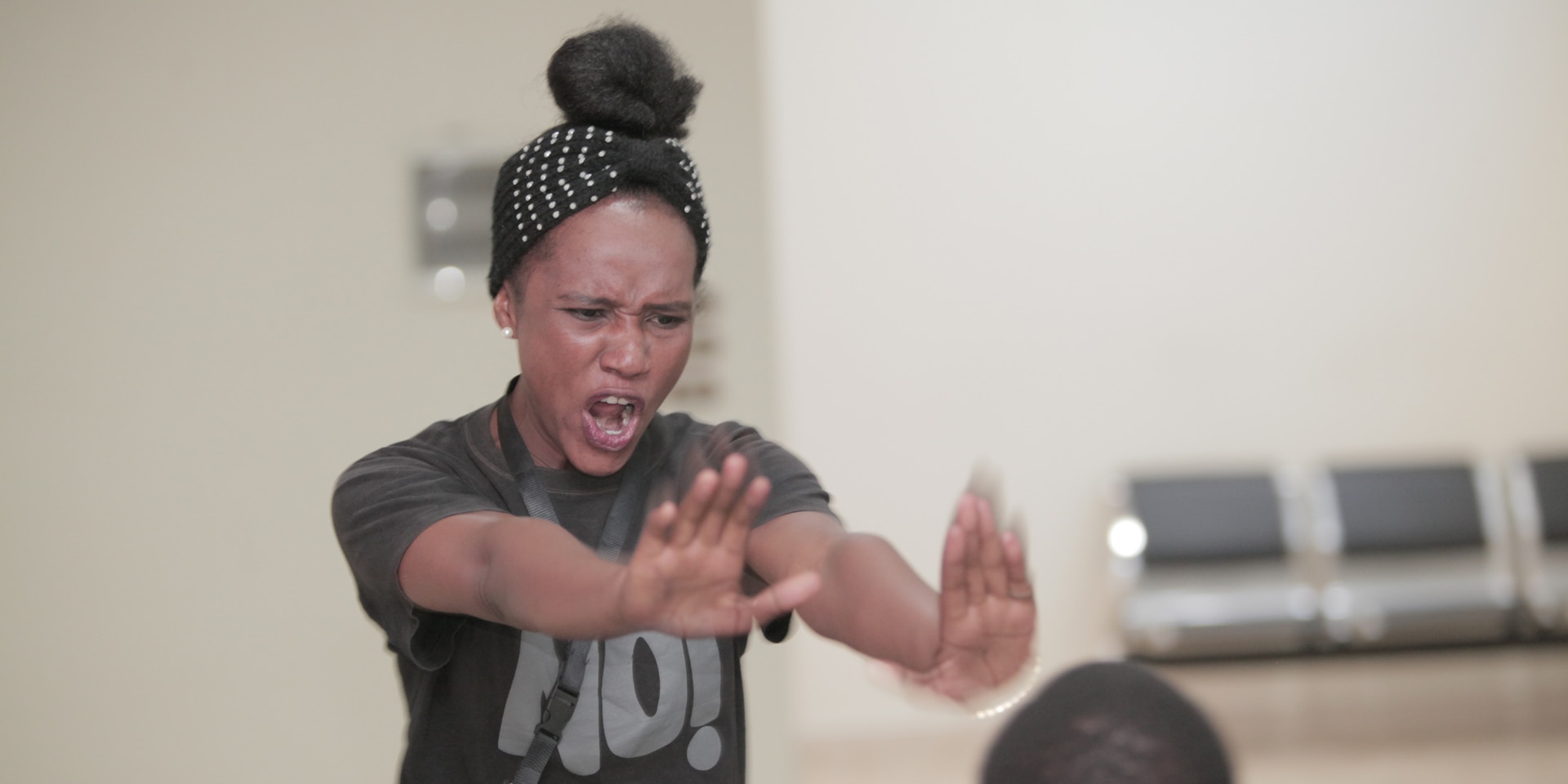
Cases of abuse against women are high around the world. Learning self-defence gives them a means of protecting themselves. © Keystone
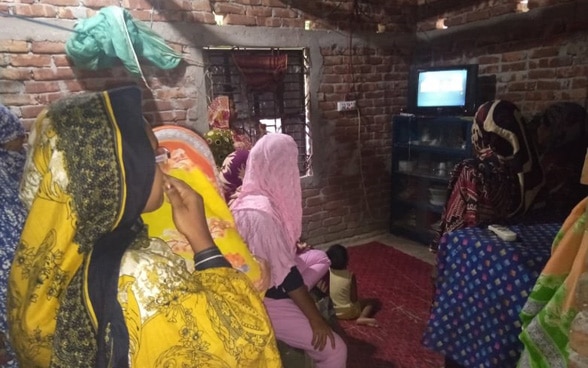
In Bangladesh, a puppet show is raising awareness among the population about the risk of falling victim to human trafficking – a risk that is particularly acute for women. The show has been so successful that it has been broadcast on local television, allowing its message to reach more than 150,000 people.
In schools in South Sudan, young girls learn self-defence techniques while boys learn to deal with conflict and communicate instead of resorting to violence. Parents and the authorities are also involved in a vast programme that aims to explain sexual abuse and prejudice in order to change people's opinions and behaviour.
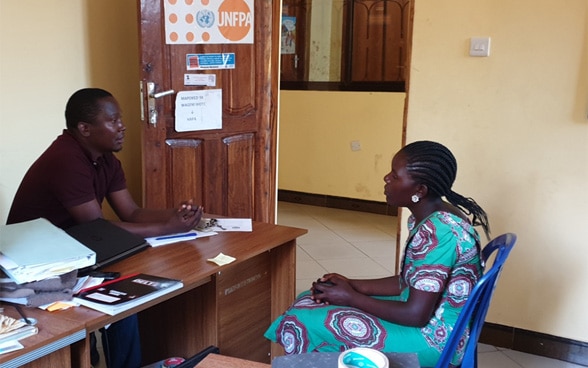
In Israel and the occupied Palestinian territory, young Palestinian men and women are encouraged to become active and responsible citizens. They are taught how to run advocacy campaigns in their communities to support human rights, women's rights, gender equality and democratic values and prevent gender-based violence.
In 25 villages in Tanzania, a task force against genital mutilation has been set up. Local authorities and police forces as well as traditional and religious leaders have been included to ensure it is possible to report cases, file complaints, conduct investigations and implement measures. Some thirty cases have already been reported.
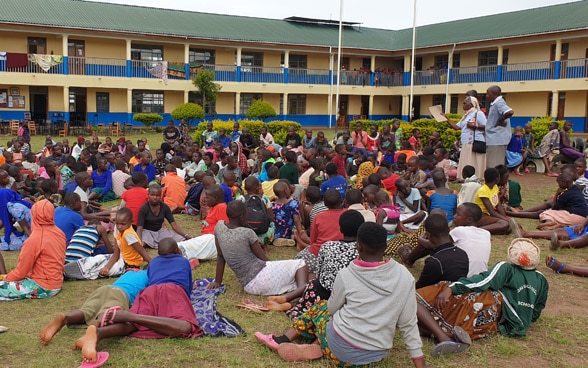
The men and women involved in these projects – which are all supported by Switzerland's international cooperation – can attest to the positive impact they have in the global fight to eliminate violence against women. Gender-based violence is a field in which every action counts, whether it is raising awareness in all sections of the population, providing specialised training for men and women alike, or offering care and support for victims on the ground.
Switzerland is doing its part to make a difference.
A priority of Swiss foreign policy
The UN's 2030 Agenda for Sustainable Development emphasises that "violence against women and girls is one of the most widespread, persistent and devastating human rights violations in our world today". The statement appears in the opening lines of Goal 5 on gender equality, and clearly conveys the enormous challenge that violence against women represents.
Preventing and combating sexual abuse and gender-based violence are a priority of Swiss foreign policy with regard to both bilateral and multilateral cooperation, and one of the three pillars of its work on gender equality as part of the 2030 Agenda.
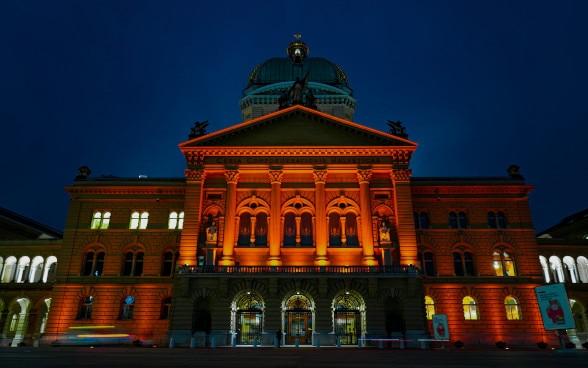
At the multilateral level, Switzerland has adopted and committed to implementing numerous programmes, conventions, resolutions, and international declarations on women's rights, gender equality and combating violence in all its forms. For example, Switzerland has ratified the Council of Europe Convention on preventing and combating violence against women and domestic violence (Istanbul Convention, 2017), and made commitments within the framework of the Beijing Platform for Action and the implementation of the UN Security Council's resolution 1325. It is also involved in a number of forums, workshops, and international networks.
Respecting human rights is one of the priorities of the Swiss Confederation's Foreign Policy Strategy 2020–2023. More specifically, defending gender equality and fighting gender-based violence are a key focus of Switzerland's international cooperation and humanitarian aid work.
At the bilateral level, the Federal Department of Foreign Affairs (FDFA) has implemented dozens of programmes in its priority regions via the Swiss Agency for Development and Cooperation (SDC) and the Human Security Division (HSD). The initiatives aim to promote women's rights, prevent violence, and support the victims of violence in countries including Turkey, Afghanistan, Bosnia and Herzegovina, Burundi, Israel, Palestine, Myanmar, Mongolia, Morocco and Nepal.
#orangetheworld
The International Day for the Elimination of Violence against Women takes place on Wednesday, 25 November 2020. It marks the beginning of a 16-day campaign culminating on 10 December 2020, which is also Human Rights Day.
The campaign is supported by the United Nations and takes place 25 years after the Beijing Declaration and Platform for Action and 20 years after the UN Security Council's resolution 1325 on women, peace, and security. The motto for 2020 is: "Orange the World: Fund, Respond, Prevent, Collect!"
The campaign aims to raise awareness about gender-based violence among the general public and politicians at the local, national and international levels. There are a number of events planned, one of which will see the Federal Palace lit up in orange.
Links
- 16 Day of Activism against Gender-Based Violence, official United Nations site
- 16 Day of Activism Against Gender-Based Violence, Swiss campaign site (in German)
- Swiss foreign policy: strategies and key aspects, FDFA
- 2030 Agenda for Sustainable Development, Goal 5: Achieve gender equality and empower all women and girls, FDFA

